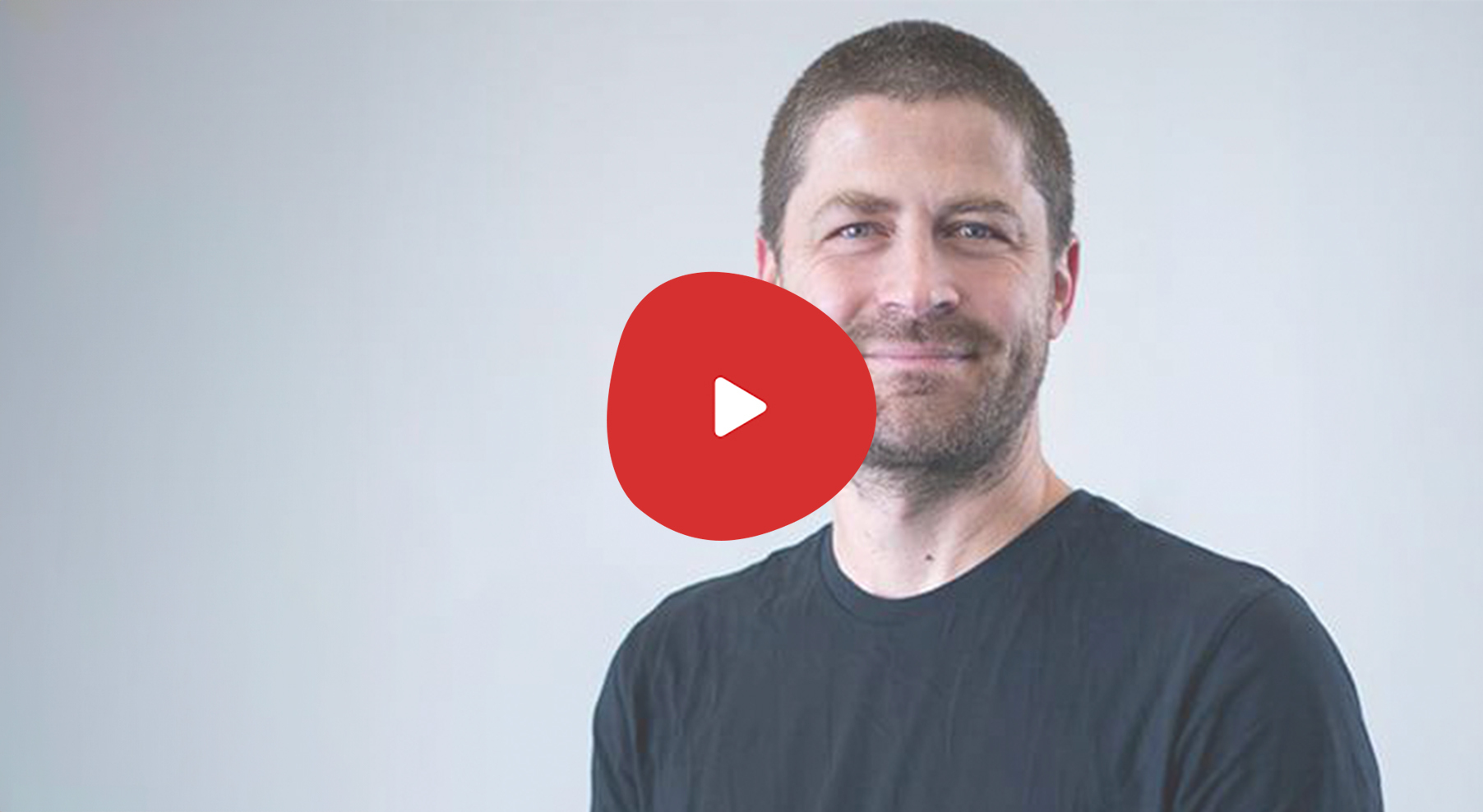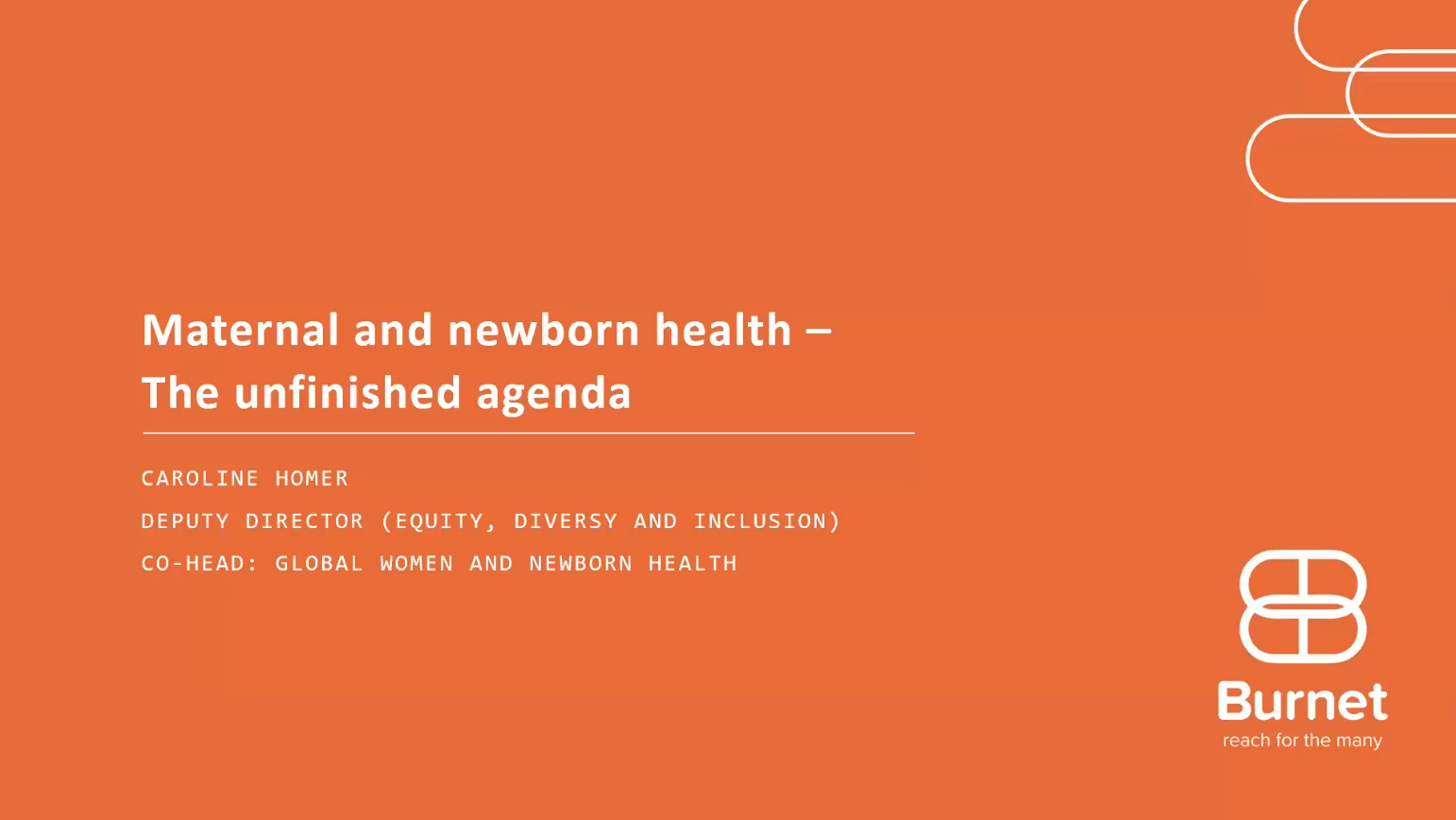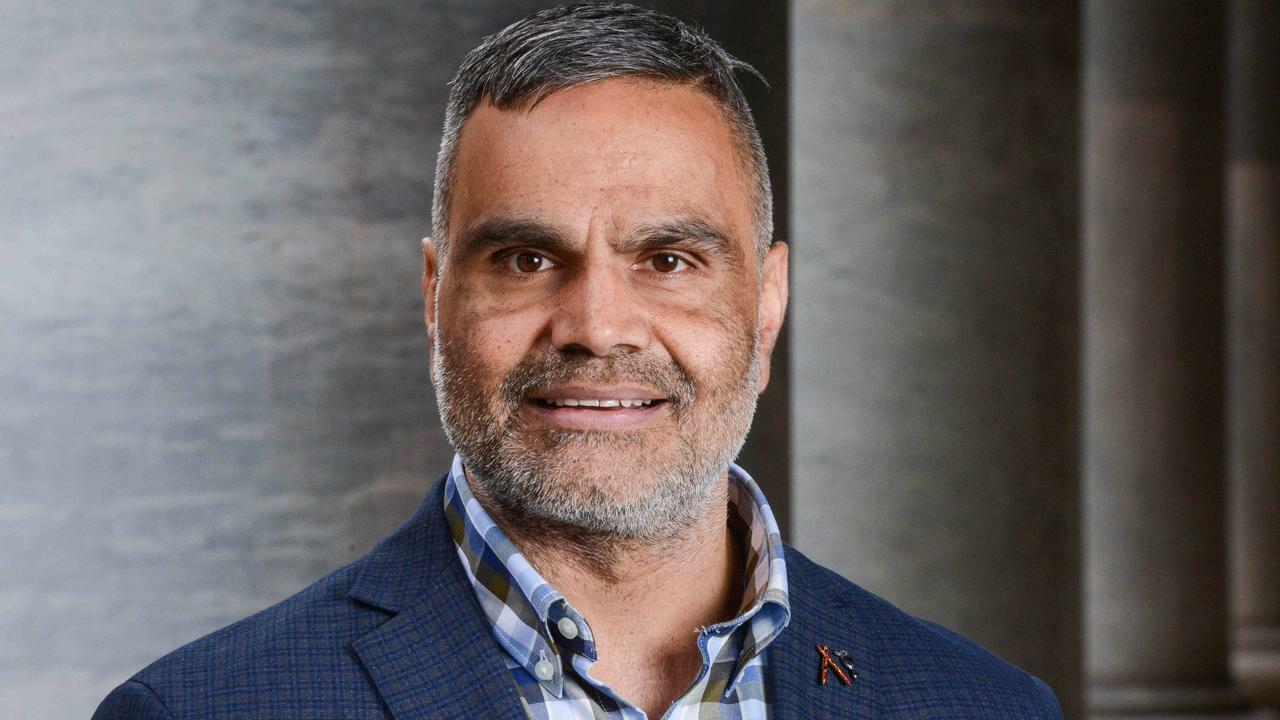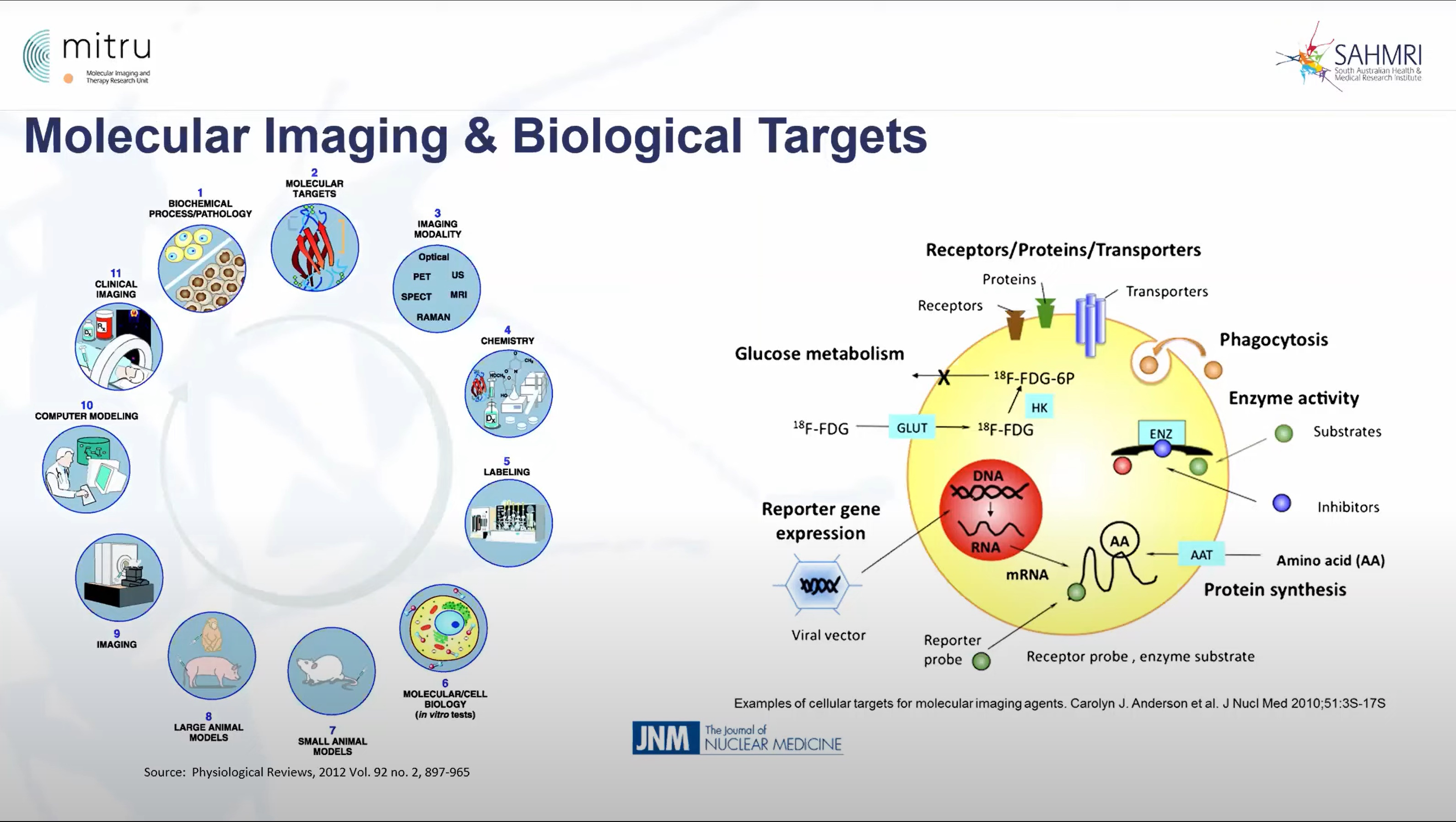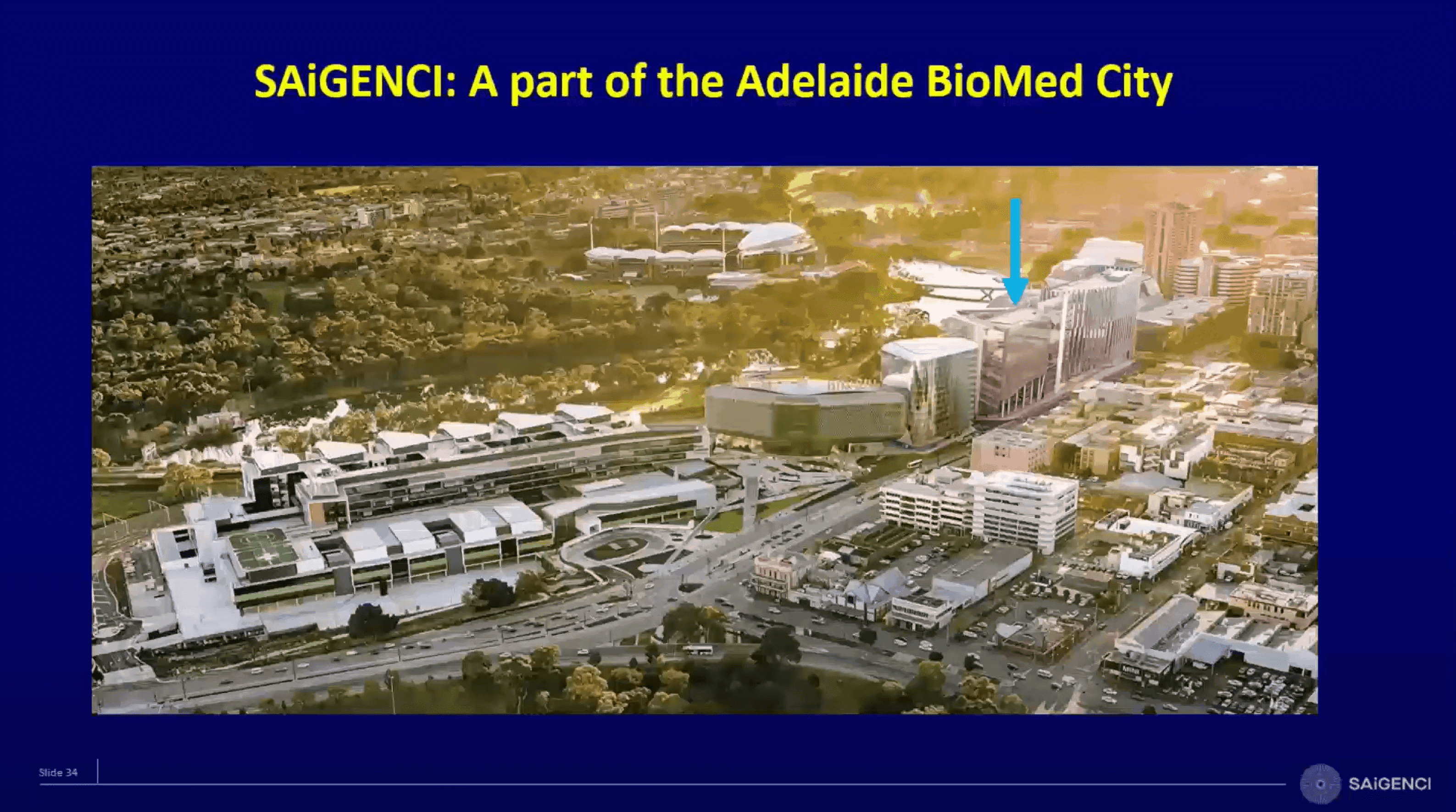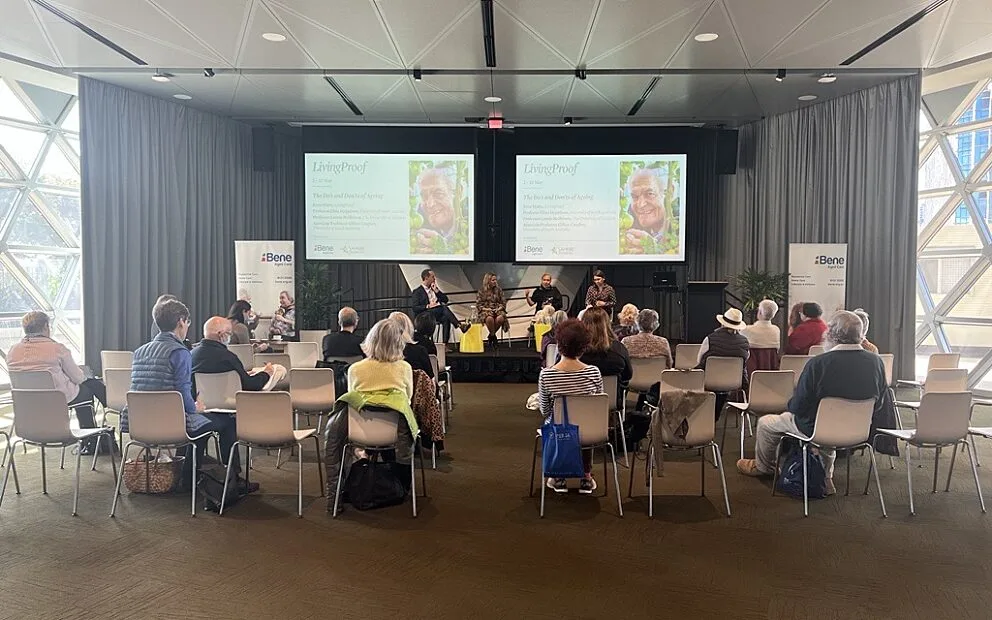Professor Marco Herold
Using advanced CRISPR techniques in vivo - the key to identifying tumour drivers and therapeutic vulnerabilities
Cancer is a complex disease caused by the aberrant expression of many diverse gene products. Large sequencing studies have shed some light onto the nature of these cancer-causing aberrations, but many of the critical tumour driving pathways have not yet been discovered. Functional genetic screening approaches enable the identification of genes involved in the development of cancer. Therefore, we are employing genome wide CRISPR knockout and activation screening techniques in primary tumour prone haematopoietic stem and progenitor cells (HSPCs) in vivo.
Professor Caroline Homer AO
Maternal and Newborn Health - The Unfinished Agenda
A reduction in global maternal mortality was one of the key targets in the Millenium Development Goals. This was not achieved at a global level although many countries made progress. Given the unfinished business, maternal mortality was again included in the Sustainable Development Goals. Progress has been slow and recent estimates from the World Health Organization show that many countries are off-course to achieve the needed targets for maternal health. Newborn health has made somewhere better progress but the number of deaths are still high as is the case for stillbirths.
Dale Agius
First Nations Voice to the South Australian Parliament
South Australia’s Commissioner for First Nations Voice Dale Agius visited SAHMRI to provide an overview of the process undertaken to establish the Voice to our State Parliament. He also discussed the process and importance of the national referendum about establishing a Voice to Federal Parliament.
SAHMRI has publicly stated its support for the Voice as a means of making tangible improvements to the health and wellbeing of Aboriginal and Torres Strait Islander people. You can read more about that here.
Dr Edward Robins
Radiopharmaceutical Methods and Molecules for Positron Emission Tomography
Clinical and pre-clinical imaging techniques, such as Positron Emission Tomography (PET), have the ability to visualise and monitor molecular events in vivo, providing a functional ''picture" of fundamental biochemical and physiological processes. PET radiochemistry and imaging is a challenging, multi-disciplinary field that frequently requires innovative synthetic solutions to prepare evermore structurally complex radiopharmaceuticals. The objective of this presentation is to highlight some recent research on the manufacture and biological evaluation of target-specific PET radiopharmaceuticals for both pre-clinical and clinical PET imaging investigations in a variety of different disease areas.
Dr Anne-Lise Chaber
The Scientific Adventure of the COVID Sniffer Dogs: Infectious Disease Screening using Volatile Organic Compounds, A Paradigm Shift
Canine detection is a powerful tool for identifying pathogen infection-or disease-specific VOCs, with dogs able to detect both infectious and non-infectious diseases in humans. This pilot study demonstrated that trained detection dogs could accurately distinguish between perspiration samples from SARS-CoV-2-infected patients and negative controls, yielding a high diagnostic sensitivity (95.3%) and specificity (97.1%) in controlled settings. The success of this study led to the deployment of detection dogs at Sydney and Adelaide airports, where they outperformed nasopharyngeal PCR tests by detecting positive individuals at an early stage of infection.
Professor Chris Sweeney
Where Have We Come from and Where Are We Going in Treating Metastatic Hormone Sensitive Prostate Cancer; a few insights into plans for SaiGENCI
Professor Christopher Sweeney is the inaugural Director of the South Australian immunoGENomicsCancer Institute (SAIGENCI) at the University of Adelaide.
He received his medical degree from the University of Adelaide and completed an internship at the Royal Adelaide Hospital. Professor Sweeney did his residency in internal medicine at Gundersen Lutheran Medical Centre and a fellowship in hematology/oncology at Indiana University Medical Centre. Professor Sweeney joined the Lank Centre for Genitourinary Oncology at the Dana-Farber Cancer Institute and Harvard Medical School in 2009.
